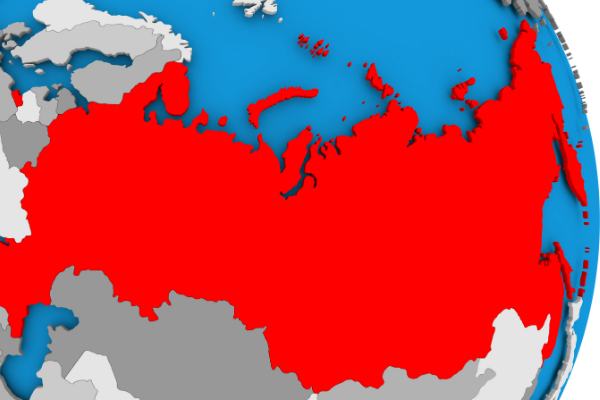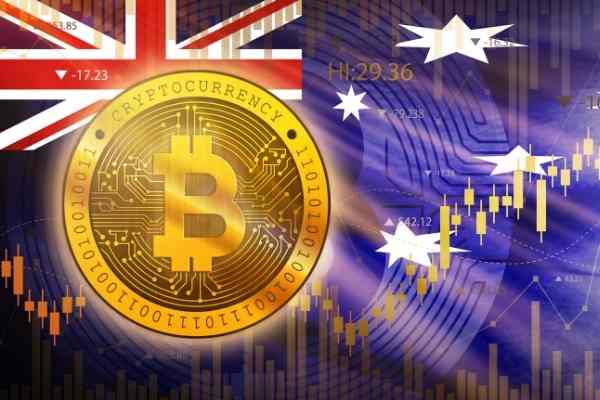
- Over the past week, the on-again, off-again prospect of Russia invading Ukraine has roiled markets, sending the price of oil and gold rising and falling as regularly as the tide.
- The problem facing investors today is that they are having to consider the prospect of a Russian invasion of Ukraine, against the backdrop of decades of relative peace.
Investors are often the first casualties of war before even a single shot is fired in anger.
The Ukraine crisis may yet produce the biggest war Europe has ever seen since 1945, or some strange hybrid shadow war that does no one any favors.
Then again, Putin may march his troops back to their home bases far from Russia’s border with Ukraine, to enjoy some well-deserve R&R.
War scares are golden opportunities for speculators – bet right and make a killing but get it wrong and prepare to be slaughtered.
Over the past week, the on-again, off-again prospect of Russia invading Ukraine has roiled markets, sending the price of oil and gold rising and falling as regularly as the tide.
Stock markets have swung violently in both directions and if the VIX, an indicator of volatility, was a person’s EKG, they would have died and been resurrected several times by now.
The problem facing investors today is that they are having to consider the prospect of a Russian invasion of Ukraine, against the backdrop of decades of relative peace.
To be sure, there have been numerous conflicts since 1945, but a Russian invasion of Ukraine is no American invasion of Iraq or Afghanistan and would bring to bear the might of Russian armies on a Europe that had hitherto been content to underfund its own military materiel base.
War would add to already heightened inflationary pressures as sanctions on Europe would be a massive win for investors long on gold, oil and gas and the rare earths like palladium that Russia exports.
It’s only because Iran is making its way out of the diplomatic doghouse, with a possible nuclear deal on the table, that oil prices haven’t yet shot past US$100.
Conflict in Ukraine would tighten financial conditions even as major central banks are already having to do so because of price pressures, hurting European businesses and consumer confidence.
But most importantly, a decisive Russian victory, whether in ending Ukraine’s bid to become a westward-looking democracy on a path to membership of the European Union and NATO, could well embolden Chinese leaders to make a move on Taiwan.
And while the U.S. is treaty-bound to defend Taiwan if it should be invaded, Americans will be hesitant to say the least, to send their sons and daughters to fight off a nuclear-tipped power that it has relied on for almost everything on their Amazon wish lists.
America and Americans on both sides of the aisle have shown increasingly limited appetite to risk blood and treasure to export democratic values which they can barely agree on at home.
And a world that can no longer rely on American exceptionalism to defend democratic values across the globe would have a profound effect on the perceived purpose of indefinitely funding American profligacy or the value of the dollar.
But if both Moscow and Beijing get it wrong, if Washington decides to honor its longstanding commitment to rebuff aggression and autocracy in all its forms and become a champion of democracy once again, then the world may find itself in a bigger war than anything being contemplated.



